Category: Politics
-
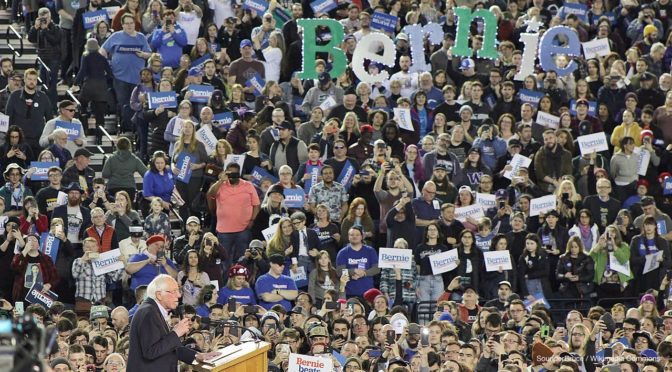
Voting for Bernie Sanders as a Parent
1. Looking Forty Years Forward, and Forty Years Back When I was younger, to the extent that I thought about the future, it was in a detached way. It would be a time where things would be weird and different, but not particularly concerning. I now have a four-year-old daughter and one-year-old son. Having children…
-
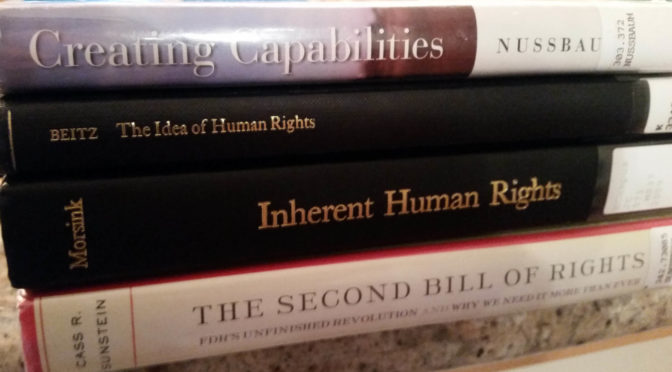
Human Rights Reading: Nussbaum, Sunstein, Morsink, Beitz
A couple of experiences related to human rights recently got me thinking about what the basis is for their existence, and how to think about them as individuals, as political constructs, and his philosophical constructs. I hope to put together an essay that actually makes sense on that topic, but in the meantime here’s my…
-
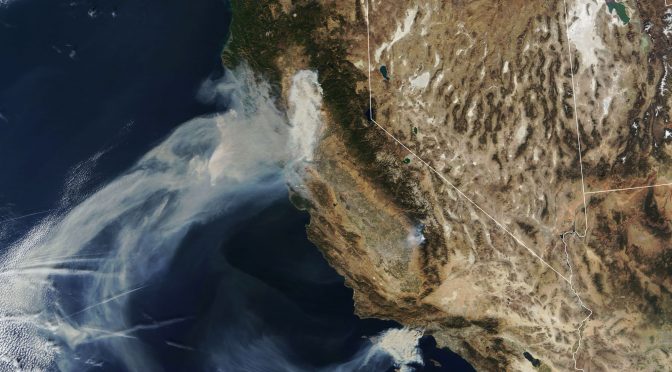
Smoke Days
At first it was the smell of burning leaves, a very nostalgic smell for me, evocative of Indiana in October, back when I was a kid and you could still burn leaf piles. I had never experienced that smell in California before, in eighteen years of living here. I chalked it up to the weirdness…
-
Thoughts on Srinivas Kuchibhotla; and A Love Letter To India
So there’s this guy who yelled “get out of my country” in Kansas, before firing on two Indians, killing one of them, Srinivas Kuchibhotla, an engineer from Hyderabad. The Washington Post reported that the father of the other Indian, the injured one, “pointed to the election of President Trump, who has routinely described a threat…
-
My Resistance Era Reading List
A couple of friends have posted to Facebook asking “What are some good books for understanding the current situation”? I’ve been on something of a reading frenzy in the last six months on that topic, and here are my favorite books, essays, publications, and a couple of videos and graphics. In the ongoing torrent of news…
-
On the Immigration Order
I took this picture in Damascus, Syria, in the summer of 2001: On the day after the President of the United States issued an executive order to ban Syrian immigrants indefinitely, this image has been hovering in my mind. In 2001, while traveling in their country, Syrians treated me with a mixture of surprise (“You…
-
Women’s March Oakland
Looking good today, Oakland. 60,000 people marched (that’s 15% of the population of the city!) no arrests, lots of good signs.
-
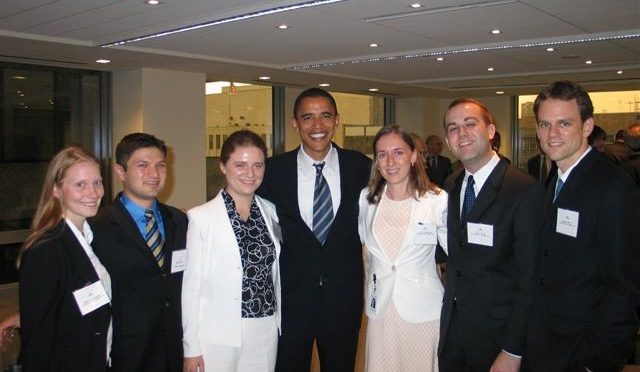
On Obama
In the summer of 2005, I was a summer associate at the law firm Winston & Strawn in Washington, D.C. There were lots of events for summer associates: dinners, concerts, speakers, that kind of thing. One of them was that a newly-elected senator from Illinois was visiting the office for a happy-hour reception. I really…
-
Let’s Review The Leaders Who Have The Bomb
The list as of January will be: Vladimir Putin, Xi Jinping, François Hollande, Theresa May, Narendra Modi, Mamnoon Hussain, Benjamin Netanyahu, Donald Trump, and maybe Kim Jong-Un.((Federation Of American Scientists: Status Of World Nuclear Forces)) I don’t really completely trust any of those people not to use it, and several of them I really don’t…
-
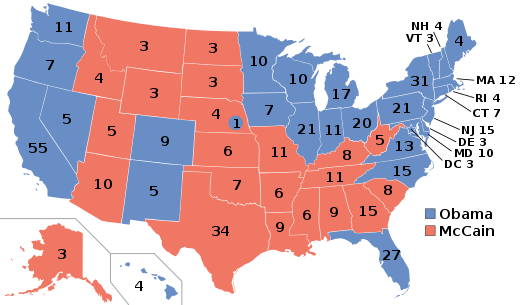
Note To Coasts: Please Do Not Un-Friend The Midwest.
As a current coastal elite that was raised in Northwest Indiana I’m writing this note to both the Midwest and to the coasts — but mostly people the coasts — to try to get you guys on the same team. Specifically, the team of the Democratic Party. I think historically coastal Democrats have assumed the Midwest…
-
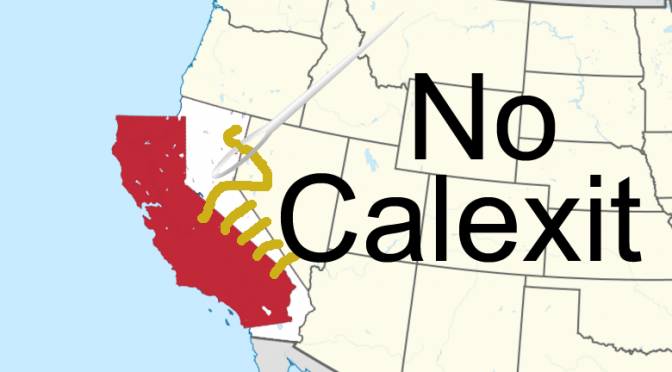
Calexit is not funny. It is a horrible idea.
On the eve of the election I was on Facebook and, as things were starting to look grim, one of my friends posted “Jerry Brown will save us.” I thought that was pretty funny and replied about how one of our mutual friends has a “US Out Of California” shirt and maybe I should get…
-
We Were In Denial That a Trump Presidency Could Happen. What Else Are We Denying?
“I’ve been criticized for advocating a politics of fear, which is correct. That’s not a criticism. That’s sanity.” Noam Chomsky, Oct. 11, 2016.((Noam Chomsky and The Bicycle Theory, NYT)) I’m writing this is because I am afraid. There’s a lot of reasons to be afraid of a Trump presidency, but here’s my top two: (1)…